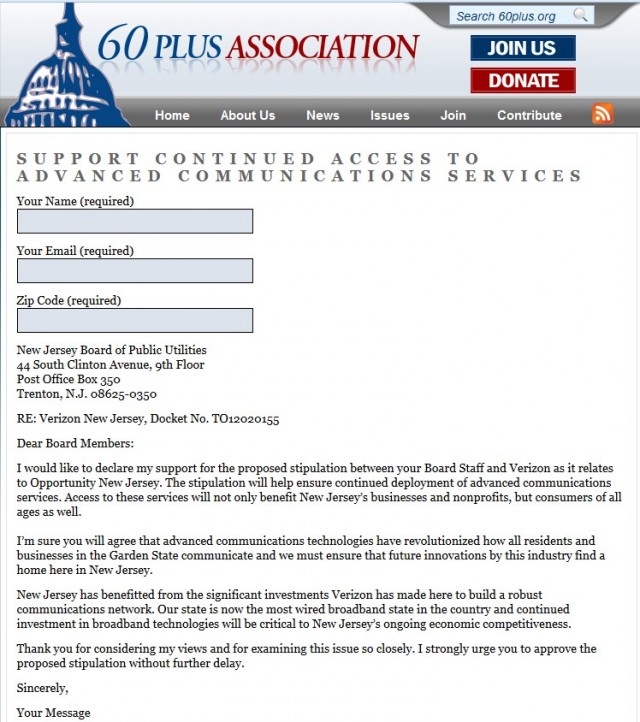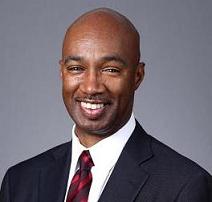
Comcast has at least 40 lobbying firms working on its merger deal with Time Warner Cable.
It’s shock and awe time in D.C. as Comcast pulls out all the stops to ram its $45 billion deal with Time Warner Cable down Washington’s throat.
The Hill reports Comcast is assembling one of the biggest lobbying teams ever seen inside the beltway, hiring at least seven additional lobbying firms on top of the 33 it already retains. Their mission: to pressure legislators and overwhelm regulators to accept the merger deal and ignore the critics.
The lobbying firms are loaded to the rafters with D.C.’s frequent revolving-door travelers — former legislators, staffers, regulators and their aides that worked in the Clinton and Bush Administrations who now work on behalf of the companies many used to oversee.
On Comcast’s generous payroll: former aides for the House Energy and Commerce Committee and the House and Senate Judiciary committees, in addition to the Justice Department and the Federal Communications Commission — precisely the agencies that will review the merger for anti-trust concerns.
“If you’ve worked on the committees, or if you’ve worked in an agency overseeing a transaction like this, you’ve got knowledge about how the process works and credibility with the staff — it’s that simple,” one lobbyist told the newspaper.
A quick review of some of the players from The Hill:
Joseph Gibson of The Gibson Group, which started lobbying for Comcast in April, has held several prominent roles with the House Judiciary Committee, whose members grilled Comcast executives for four hours earlier this month. Gibson also worked at the Justice Department, including a stint advising the assistant attorney general for the Antitrust Division.
Louis Dupart, a veteran of Capitol Hill, the Defense Department and the CIA who’s now at the Normandy Group. He says on his firm’s website that he “has had multiple successes at the Department of Justice and the Federal Trade Commission on major anti-trust reviews for DuPont, Google, People Soft and other companies.”
The Normandy Group signed Comcast as a client last month. Another lobbyist at the firm, Krista Stark, served as legislative director to Rep. James Sensenbrenner Jr. (R-Wis.) when he was chairman of the House Judiciary Committee.
Marc Lampkin, the managing partner of Brownstein Hyatt Farber & Schreck’s Washington office, has ties to Speaker John Boehner (R-Ohio) and bills himself as “a close confidante to a number of key Republican members of the both the House and Senate.”
Justin Gray of Gray Global Advisors, another Comcast hire, has ties to Democrats as a member of the Congressional Black Caucus Foundation’s Corporate Advisory Council. The biography on his firm’s website credits him with leading “engagement strategies with respect to antitrust and FCC approvals of mergers and other consolidation transactions on behalf of leading satellite radio and cable providers.”
 Lobbyists like Gray used astroturf tactics to mobilize various unaffiliated non-profit groups to write glowing letters in support of consolidating Sirius and XM Radio, usually in return for generous contributions. It is likely to be more of the same with this merger.
Lobbyists like Gray used astroturf tactics to mobilize various unaffiliated non-profit groups to write glowing letters in support of consolidating Sirius and XM Radio, usually in return for generous contributions. It is likely to be more of the same with this merger.
In 2011, Comcast spent $19 million on its lobbying effort to win approval of its buyout of NBCUniversal. Last year, it almost spent the most on lobbying of any corporation, coming in second only to defense contractor Northrop Grumman.
Watchdog groups are repulsed by the blatant use of recently-resigned FCC personnel and former legislative aides that left positions working for the public interest to take lucrative jobs with Comcast’s lobbying teams.
“Though Comcast is not alone in its revolving door lobby strategy, what is unprecedented is the gravity of the revolving door abuse now being employed by a small handful of very wealthy communications firms,” said Craig Holman, government affairs lobbyist at Public Citizen.
Holman found 82 percent of Comcast’s lobbying squad in 2014 had worked in the public sector before going to K Street.
Consumers and customers don’t have a well-funded lobbying team fighting for their interests.


 Subscribe
Subscribe New Jersey’s Board of Public Utilities received more than 460 identical e-mails urging the regulator to approve Verizon’s proposed settlement permitting it to renege on broadband expansion commitments that would have brought high-speed Internet to every citizen in the state that wanted it.
New Jersey’s Board of Public Utilities received more than 460 identical e-mails urging the regulator to approve Verizon’s proposed settlement permitting it to renege on broadband expansion commitments that would have brought high-speed Internet to every citizen in the state that wanted it. “I hope you are doing well. I have a favor to ask,” one e-mail read. “I’m working on a project for our client, Verizon, and they need some signatures to an online petition. Verizon wants to expand its offerings in New Jersey, but needs approval from the state. Higher-speed Internet, more FiOS, etc.”
“I hope you are doing well. I have a favor to ask,” one e-mail read. “I’m working on a project for our client, Verizon, and they need some signatures to an online petition. Verizon wants to expand its offerings in New Jersey, but needs approval from the state. Higher-speed Internet, more FiOS, etc.”

 While The Hill noted that Irving heads the Irving Group, it did not disclose that
While The Hill noted that Irving heads the Irving Group, it did not disclose that 
 The Center for Media and Democracy’s PR Watch suggests ALEC’s agenda for Big Telecom is to make life easy for your provider and more expensive for you. ALEC has
The Center for Media and Democracy’s PR Watch suggests ALEC’s agenda for Big Telecom is to make life easy for your provider and more expensive for you. ALEC has  Time Warner Cable phone customers with Unlimited Home Phone calling can now place toll-free calls to Mexico, the company announced today.
Time Warner Cable phone customers with Unlimited Home Phone calling can now place toll-free calls to Mexico, the company announced today.
 Media ownership laws were relaxed,
Media ownership laws were relaxed, 

